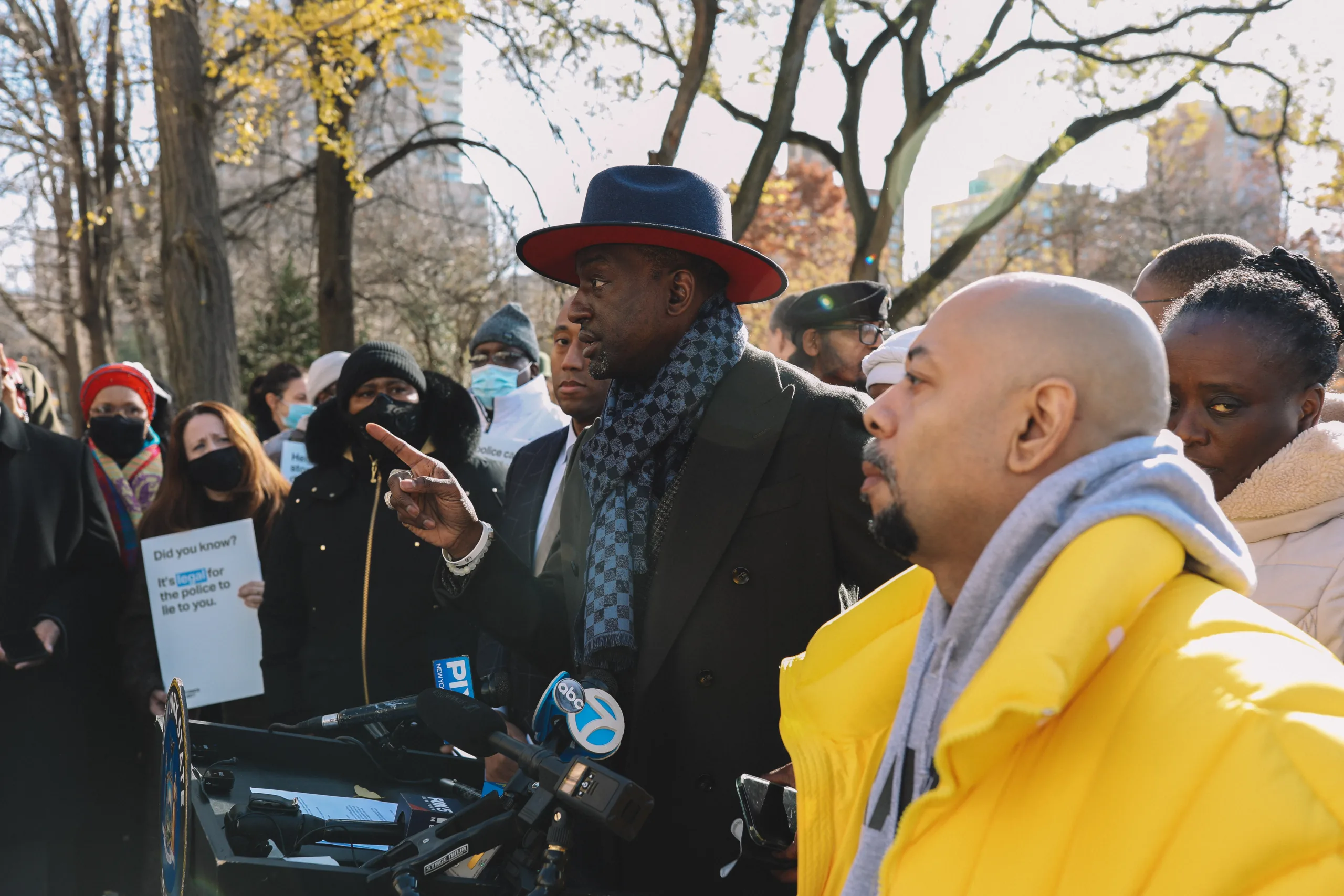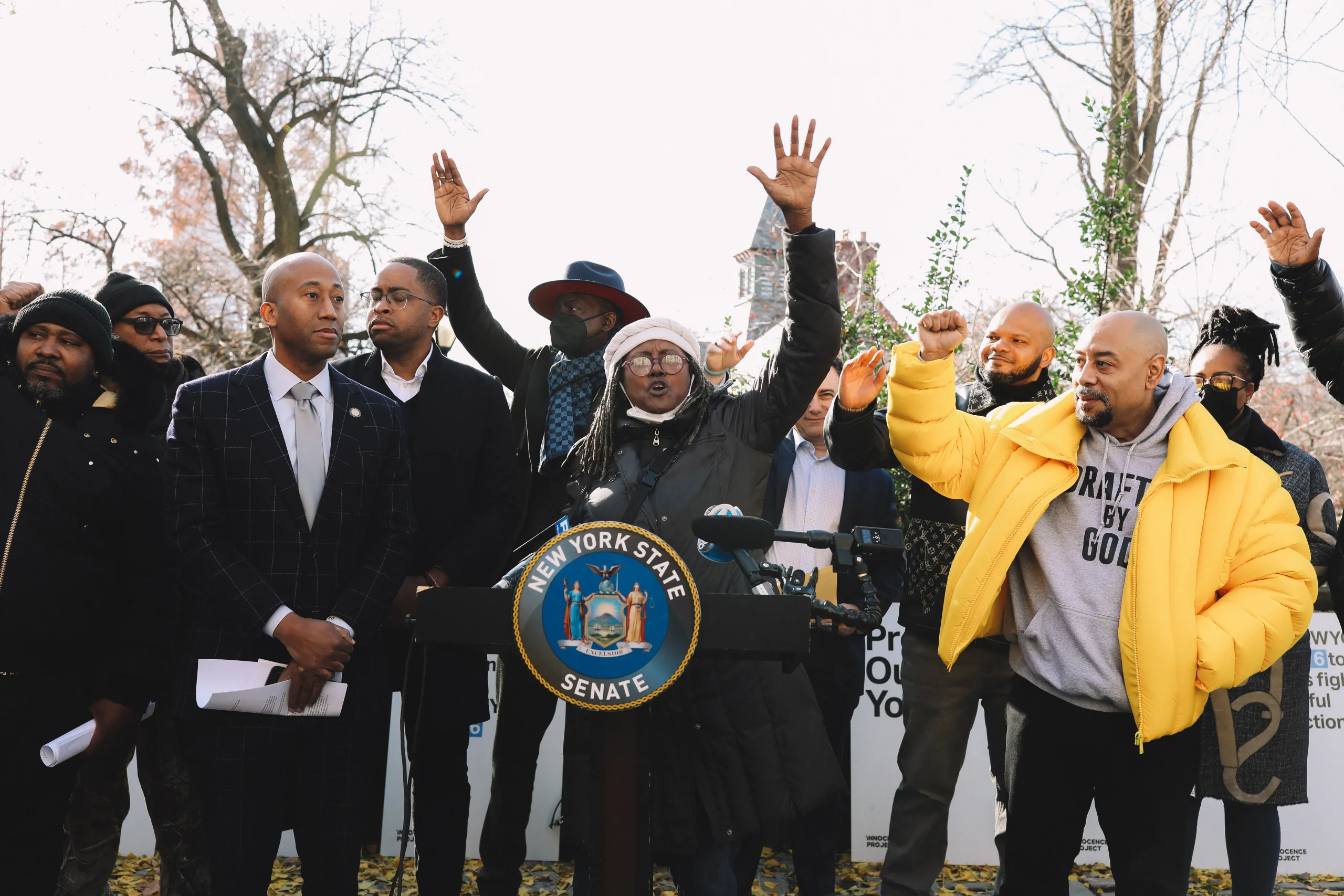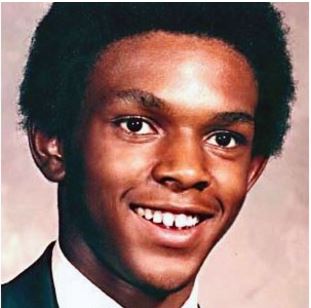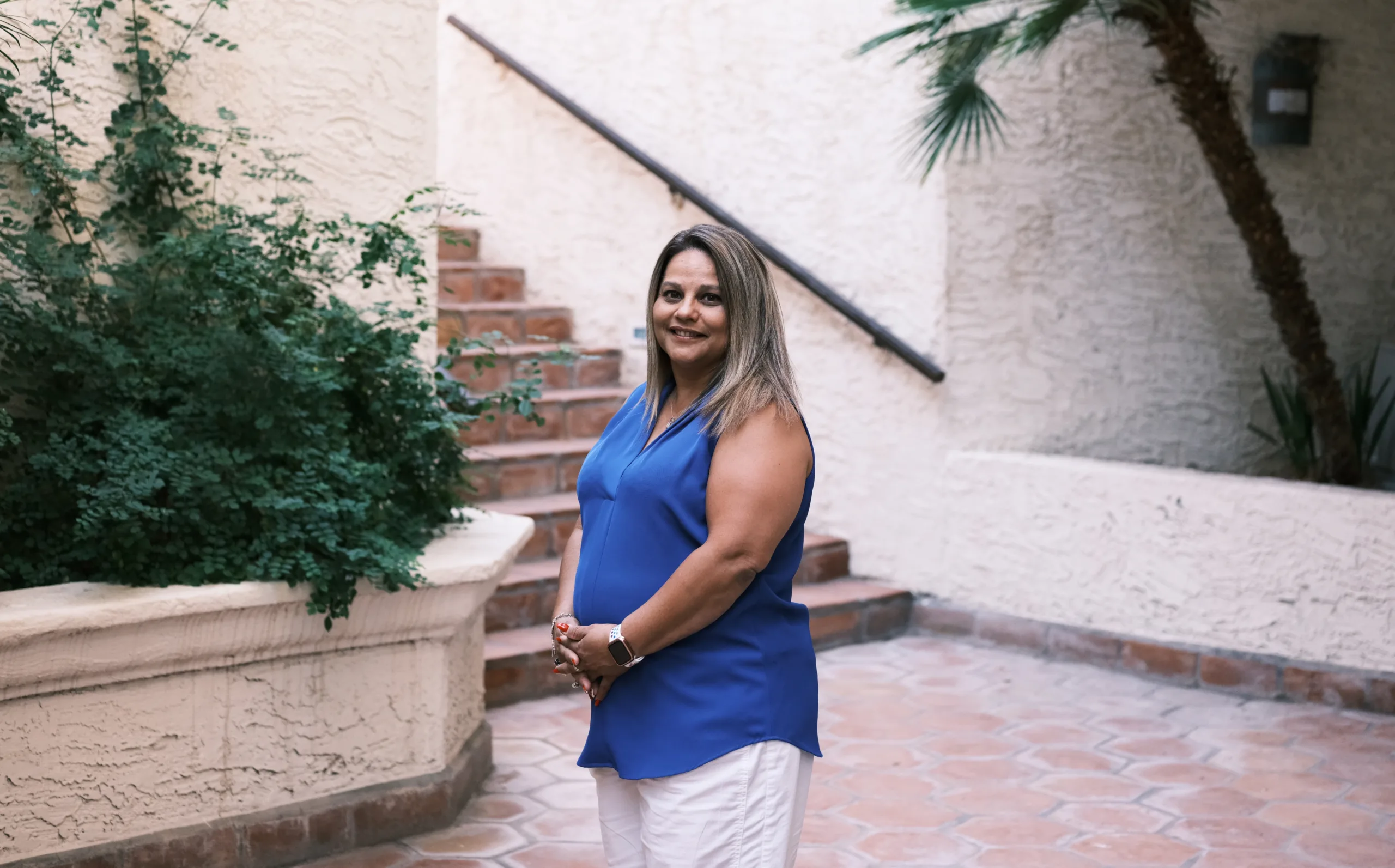NY Governor Kathy Hochul Should Sign the Challenging Wrongful Convictions Act into Law
New York is just one of just a handful of states that won’t allow people convicted of crimes to obtain post-conviction relief with non-DNA evidence of innocence.
10.02.23 By Barry Scheck
Today, freed and exonerated people, advocates, and policy makers gathered in New York City to call on Governor Kathy Hochul to help innocent New Yorkers in prison facing a nightmarish scenario.
Under current law and through court precedent, New Yorkers who pled guilty to a crime can only challenge their conviction with new evidence of innocence if the evidence was derived from DNA testing.
At the Innocence Project, which I co-founded in 1992, we have litigated hundreds of wrongful conviction cases, leading to the release and exoneration of more than 200 people. In 31 years of this work, we’ve seen that it is not uncommon for innocent people to plead guilty. In fact, of the more than 3,000 exonerations of innocent people which have been identified nationally since 1989, 24% pled guilty, according to the National Registry of Exonerations (NRE). On the other hand, among the 347 exonerations in New York State, NRE data shows that DNA played a role in only 54 of those cases.
So it plainly follows that the prohibition against proving innocence through non-DNA evidence is not only unfair and arbitrary but the data shows it keeps an intolerable number of innocent people in New York prisons with no way to challenge their wrongful convictions. Governor Hochul has a chance to fix this. She can sign the Challenging Wrongful Convictions Act, passed by the New York Senate and State Assembly, into law. As an attorney who has witnessed firsthand the trauma that wrongful conviction brings to our clients and their families, I urge her to do so.
Why do innocent people plead guilty? From the first moment a person is charged with a crime, all actors in the system—defense lawyers, prosecutors and judges—have an interest in a speedy resolution, which is why 95% of felony convictions in the United States are obtained through plea bargains.
Innocent people charged with serious crimes who cannot afford bail feel extraordinary pressure to plead guilty because they fear being subjected to violence or sexual assault in pre-trial detention facilities like Rikers Island, where there is an ongoing humanitarian crisis. In 2022, 17 people died in custody at Rikers Island or shortly after being released. Furthermore, people held at Rikers don’t have regular access to their lawyers and are not able to fully participate in their own defense. Incarceration in horrific conditions and isolation from family and friends incentivizes people accused of crimes to try to get home as soon as possible, even if that means pleading guilty to crimes they did not commit.
Then there’s the trial penalty, the grim reality that courts and prosecutors threaten to impose much harsher sentences than the plea offer if a client goes to trial and loses. “I never thought I would accept a guilty plea – until my life was hanging in the balance,” said Rodney Roberts, my colleague at the Innocence Project and an exoneree. He describes the decision to plead guilty to a sexual assault he did not commit as “sabotaging and saving himself at the same time.” His defense attorney told him that he would likely lose if he went to trial and would be sentenced to life in prison. He was advised to take a plea offer of a seven-year prison sentence where he would likely serve only two years in prison. Eager to get home to see his young son, and aware of racial bias in the criminal legal system, Mr. Roberts, who is Black, took the plea. He wound up spending 18 years in custody, both in prison and civil confinement, before DNA proved his innocence in 2013.




Leave a Reply
Thank you for visiting us. You can learn more about how we consider cases here. Please avoid sharing any personal information in the comments below and join us in making this a hate-speech free and safe space for everyone.